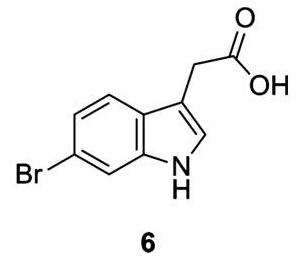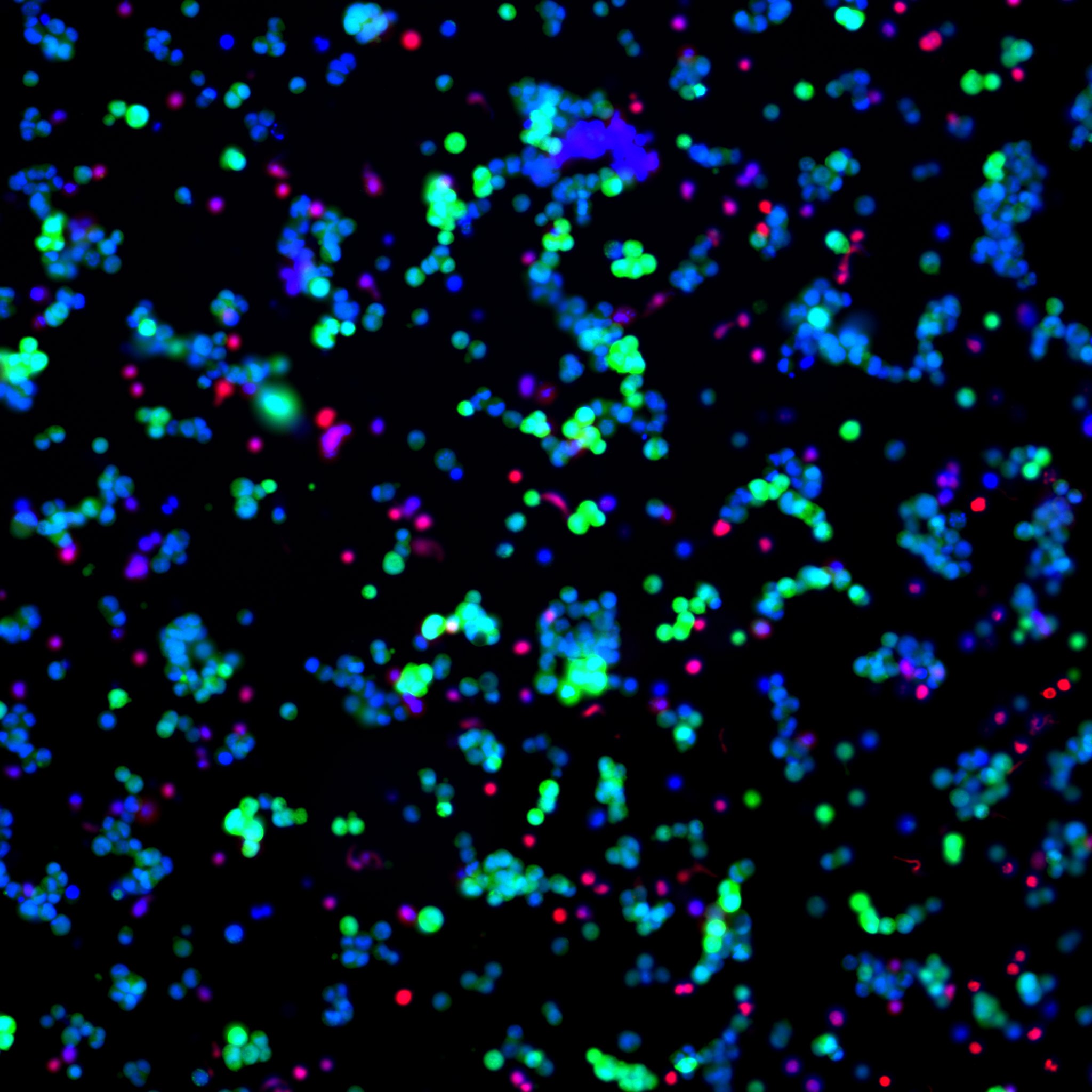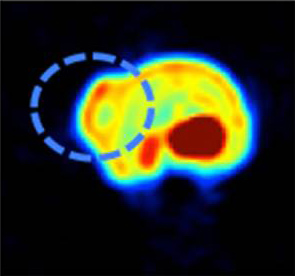The Chemical and Physical Biology Graduate Program
Chemical and Physical Biology operates at the interface of chemistry, physics, mathematics, computing, and biology. Our students and faculty are committed to a quantitative and integrative intellectual approach in which they reach across traditional academic boundaries to address important problems in new ways. The four tracks in our program – Chemical Biology, Structural Biology and Molecular Biophysics, Systems Biology, and Imaging Science – each represent this synthesis in a unique way; but they share in this commitment to the principle of the quantitative, integrated scholarly approach.
 Chemical Biology is the application of the methods and principles of chemistry to important biological problems. It examines the composition, structure, properties, and interactions of chemicals within living organisms, and integrates a number of disciplines and tools including organic chemistry, proteomics, drug design, and high throughput screening. Closely associated with the Chemical Biology track are the Vanderbilt Institute for Chemical Biology and the Chemistry-Biology Interface training program. Core courses in chemical biology and advanced organic chemistry form the core the track’s curriculum; a variety of elective offerings are available to provide customized options. Participation in the VICB seminar series allow students to stay abreast of recent research findings. The faculty director for this track is Prof. Lars Plate.
Chemical Biology is the application of the methods and principles of chemistry to important biological problems. It examines the composition, structure, properties, and interactions of chemicals within living organisms, and integrates a number of disciplines and tools including organic chemistry, proteomics, drug design, and high throughput screening. Closely associated with the Chemical Biology track are the Vanderbilt Institute for Chemical Biology and the Chemistry-Biology Interface training program. Core courses in chemical biology and advanced organic chemistry form the core the track’s curriculum; a variety of elective offerings are available to provide customized options. Participation in the VICB seminar series allow students to stay abreast of recent research findings. The faculty director for this track is Prof. Lars Plate.
Work of J.T. Brogan, PhD (Craig Lindsley, PhD, mentor)

Structural Biology and Molecular Biophysics: Structural biology is the study of the structure and the structure-function relationships of biologically important molecules and macromolecular complexes, while the closely aligned discipline of molecular biophysics refers to the use of physical and mathematical methods to understand the structure, organization, and dynamics of biologically relevant molecules and bio molecular systems. The Center for Structural Biology and the Molecular Biophysics Training Program are associated with this track. Core classes in structural biology, membrane protein biology, and protein-protein interactions, plus elective classes in protein modeling and experimental methods, are available. The MBTP/CSB seminar series provides a forum for students to present their progress and keep up-to-date. The faculty directors are Lauren Jackson, PhD, Lacy Borden, PhD., and Walter Chazin, Ph D,
Work of Jordan Willis, PhD (James Crowe, MD and Jens Meiler, PhD, mentors)
 Center for Computational Systems Biology: Vanderbilt Center for Computational Systems Biology (CCSB) is a transinsitutional center between Vanderbilt University Basic Sciences, Vanderbilt University Medical Center, and the Vanderbilt College of Connected Computing that aims to leverage team science and computational biology to turn biomolecular data into actionable insights.The faculty director is Prof. Ken Lau
Center for Computational Systems Biology: Vanderbilt Center for Computational Systems Biology (CCSB) is a transinsitutional center between Vanderbilt University Basic Sciences, Vanderbilt University Medical Center, and the Vanderbilt College of Connected Computing that aims to leverage team science and computational biology to turn biomolecular data into actionable insights.The faculty director is Prof. Ken Lau
https://www.vanderbilt.edu/computational-biology/
Work of Akshata Udyavar (Vito Quaranta, MD, mentor)
 Imaging Science involves topics in in vivo, biomedical imaging ranging from the fundamental physical aspects of signal generation and detection, image formation and reconstruction, contrast development, chemistry and biochemistry, hardware and software engineering, through to applications in the life sciences. The Vanderbilt University Institute of Imaging Science is the home of in vivo imaging research at Vanderbilt and hosts several training grants. A weekly seminar series, focused interest groups, and core and elective offerings provide for formal learning opportunities for imaging science students. The faculty director is Prof. Charles Caskey.
Imaging Science involves topics in in vivo, biomedical imaging ranging from the fundamental physical aspects of signal generation and detection, image formation and reconstruction, contrast development, chemistry and biochemistry, hardware and software engineering, through to applications in the life sciences. The Vanderbilt University Institute of Imaging Science is the home of in vivo imaging research at Vanderbilt and hosts several training grants. A weekly seminar series, focused interest groups, and core and elective offerings provide for formal learning opportunities for imaging science students. The faculty director is Prof. Charles Caskey.
Work of Jennifer Whisenant, PhD (Thomas Yankeelov, PhD, mentor)